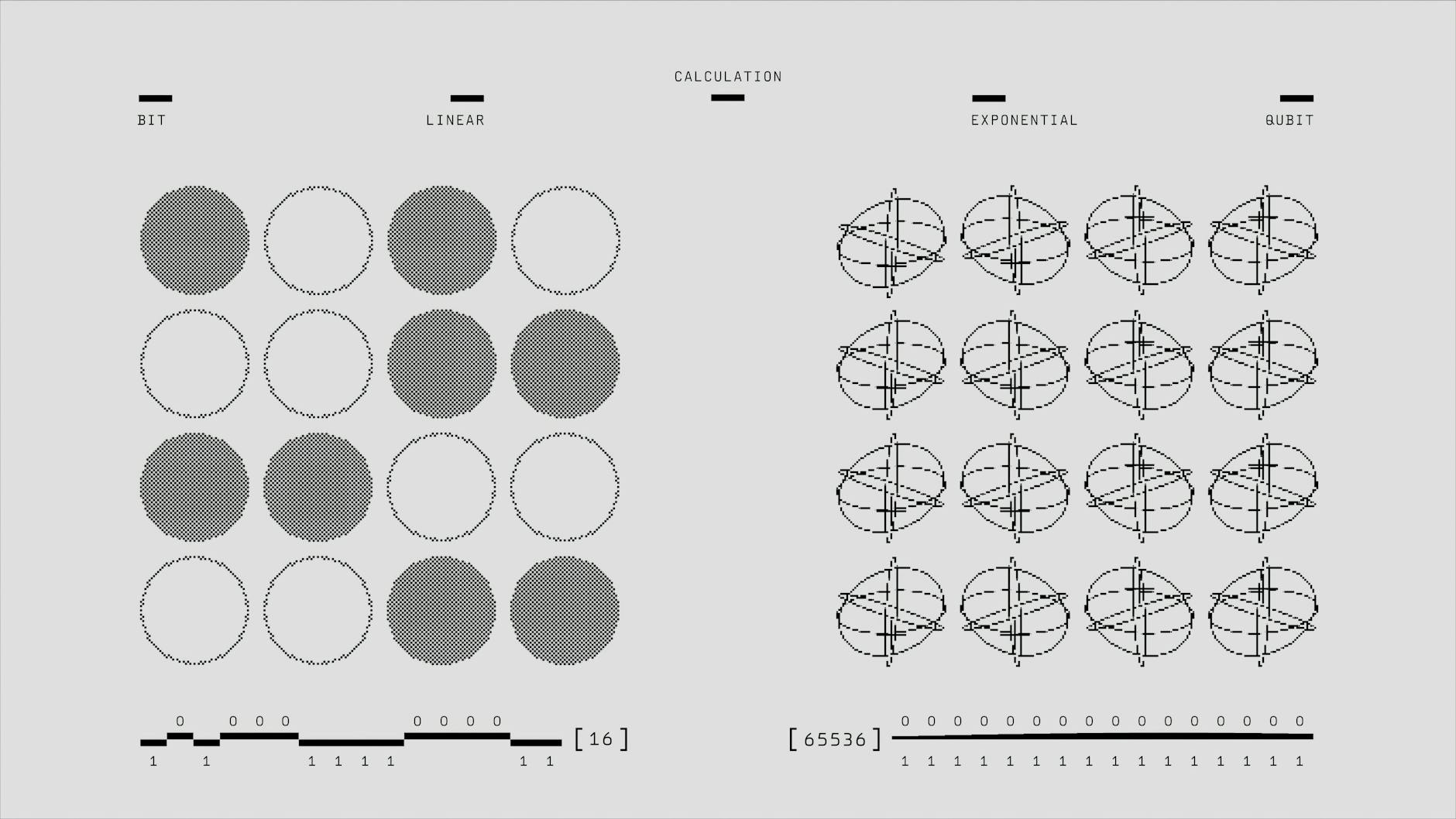Endometriosis: A Personal Quest to Unravel a Debilitating Disease’s Mysteries
A Scientist’s Journey from Patient to Pioneer in Understanding a Neglected Illness
Endometriosis, a chronic and often excruciating condition affecting millions worldwide, has long been shrouded in mystery and underfunded research. Characterized by the growth of uterine-like tissue outside the uterus, it can cause debilitating pain, infertility, and a significant impact on quality of life. For many, diagnosis is a protracted and agonizing process. However, a growing wave of dedicated scientists, driven by both personal experience and a commitment to evidence-based discovery, are beginning to shed light on the complex mechanisms underlying this disease, offering hope for improved understanding and treatment.
A Brief Introduction On The Subject Matter That Is Relevant And Engaging
The scientific exploration into endometriosis is revealing a more nuanced understanding of its origins, moving beyond simplistic explanations to embrace complex biological interactions. Historically, endometriosis has been viewed through various lenses, from hormonal influences to surgical explanations. However, recent advancements are increasingly pointing towards the intricate role of the immune system as a key player in its development and progression. This shift in perspective is crucial, as it opens up new avenues for therapeutic interventions that target the underlying biological processes rather than merely managing symptoms.
Background and Context To The Reader Understand What It Means For Who Is Affected
For individuals living with endometriosis, the journey is often marked by a prolonged and frustrating search for a diagnosis, frequently taking years and involving multiple consultations with healthcare professionals. The symptoms can be severe, including chronic pelvic pain, painful periods (dysmenorrhea), pain during or after intercourse (dyspareunia), infertility, fatigue, and gastrointestinal issues. The lack of a definitive cause and effective long-term treatments has left many feeling isolated and unheard. The historical neglect of endometriosis in research funding and public awareness campaigns has contributed to a significant knowledge gap, impacting the quality of care and support available to patients. This lack of understanding has also contributed to societal dismissal of the severity of the condition, further marginalizing those affected.
In Depth Analysis Of The Broader Implications And Impact
The groundbreaking work being done by scientists like Katie Burns, who is personally driven by the pain of endometriosis, is not just about understanding a single disease; it has broader implications for how we approach chronic and complex illnesses. By delving into the immune system’s involvement, researchers are uncovering fundamental biological pathways that could be relevant to a range of inflammatory and autoimmune conditions. This approach moves away from a purely symptom-management model towards understanding and potentially reversing the underlying disease processes. The implications extend to how medical research is funded and prioritized, highlighting the need for greater investment in conditions that disproportionately affect women. Furthermore, the scientific community is increasingly recognizing the value of patient-led research and lived experience in guiding scientific inquiry, fostering a more collaborative and patient-centric approach to medical discovery.
Key Takeaways
- Endometriosis is a complex chronic disease with significant impacts on women’s health and quality of life.
- Recent research suggests a crucial role for the immune system in the development and progression of endometriosis.
- Personal experiences of patients are increasingly motivating scientific research and informing its direction.
- A deeper understanding of the immune system’s involvement could lead to novel diagnostic tools and targeted therapies.
- There is a critical need for increased research funding and public awareness to address the historical neglect of endometriosis.
What To Expect As A Result And Why It Matters
As scientists continue to uncover clues to the causes of endometriosis, particularly through the lens of immune system dysfunction, we can anticipate a paradigm shift in how the disease is understood and treated. This could translate into earlier and more accurate diagnoses, potentially reducing the years of suffering many patients endure. It also holds the promise of developing targeted therapies that address the root causes of the condition, offering more effective relief and improved long-term outcomes. For individuals affected by endometriosis, this research signifies a future where their pain is validated and where scientific advancements offer tangible hope for a better quality of life. The impact is not only medical but also societal, fostering greater empathy and understanding for a condition that has long been underestimated.
Advice and Alerts
For individuals experiencing symptoms suggestive of endometriosis, it is crucial to advocate for your health and seek medical attention. Do not hesitate to discuss your pain and concerns with your healthcare provider. If you are not receiving adequate support or diagnosis, consider seeking a second opinion or consulting specialists in reproductive health and endometriosis. Additionally, for those interested in supporting research or finding community, numerous patient advocacy groups offer valuable resources, information, and a platform to share experiences. Staying informed about the latest scientific discoveries, like those being made by researchers studying the immune system’s role, can empower patients and contribute to a collective push for progress in endometriosis care.
Annotations Featuring Links To Various Official References Regarding The Information Provided
For further reading and to explore the scientific advancements in endometriosis research, the following resources are recommended:
- Endometriosis Foundation of America: A leading organization dedicated to endometriosis research, education, and advocacy.
- Centers for Disease Control and Prevention (CDC) – Endometriosis: Provides comprehensive information on endometriosis, including statistics and risk factors.
- National Institute of Child Health and Human Development (NICHD) – Endometriosis: Offers detailed information on the causes, symptoms, diagnosis, and treatment of endometriosis.
- Science.org Article: The source article detailing the work of scientists like Katie Burns in uncovering clues to endometriosis causes.


























